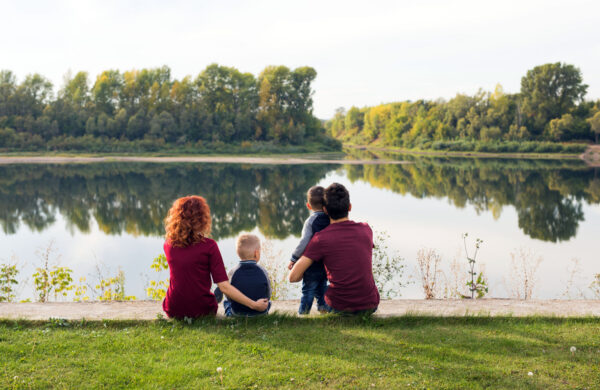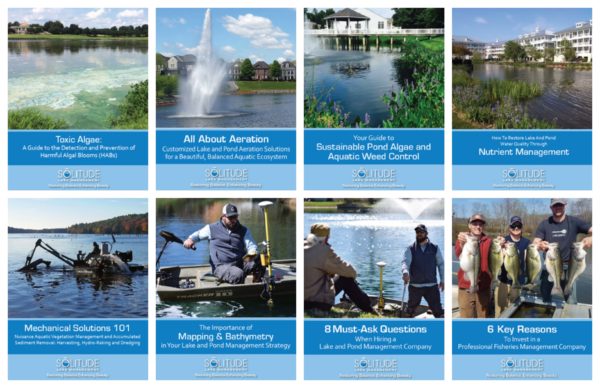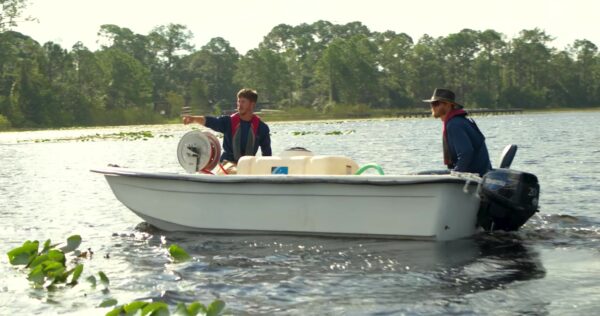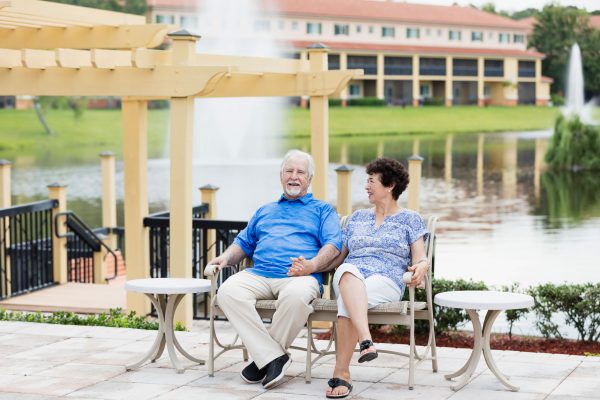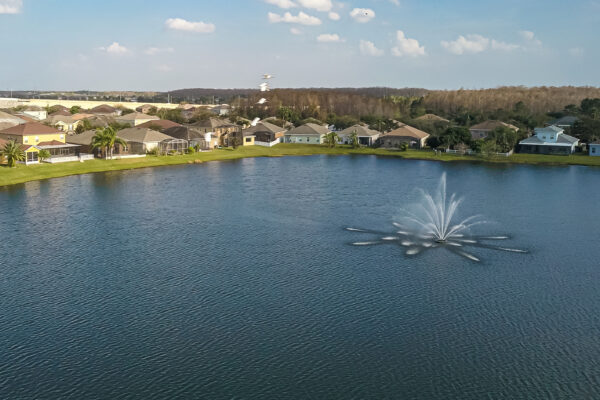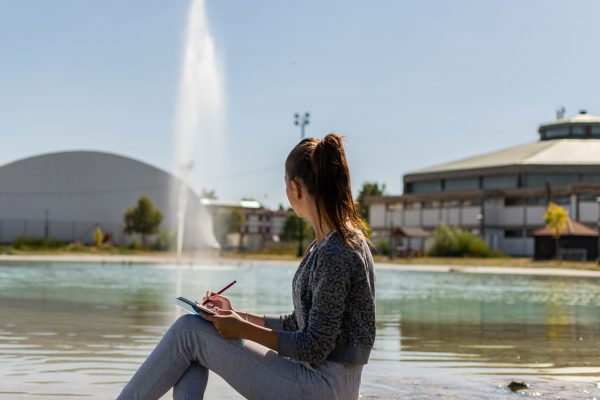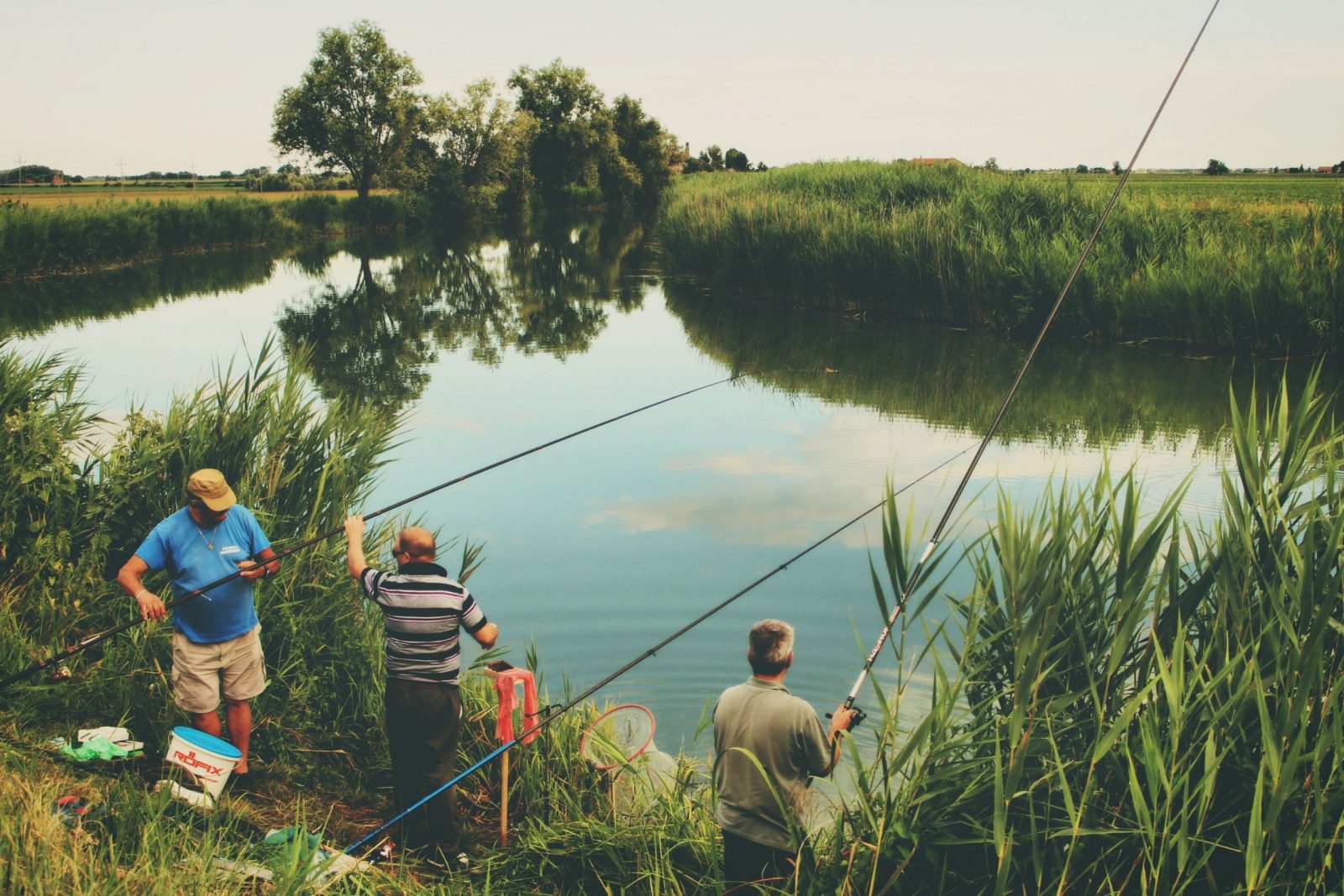
Creating a Successful Community Fishing Program
Ponds and lakes provide great opportunities for homeowners and their families to build relationships with neighbors in their community. A Homeowners Association (HOA) in Warrenton, VA is one community in particular that deserves recognition for their efforts. They are committed to providing both kids and adults in their community with fishing, and other outdoor opportunities, that are making a noticeable difference in the neighborhood.
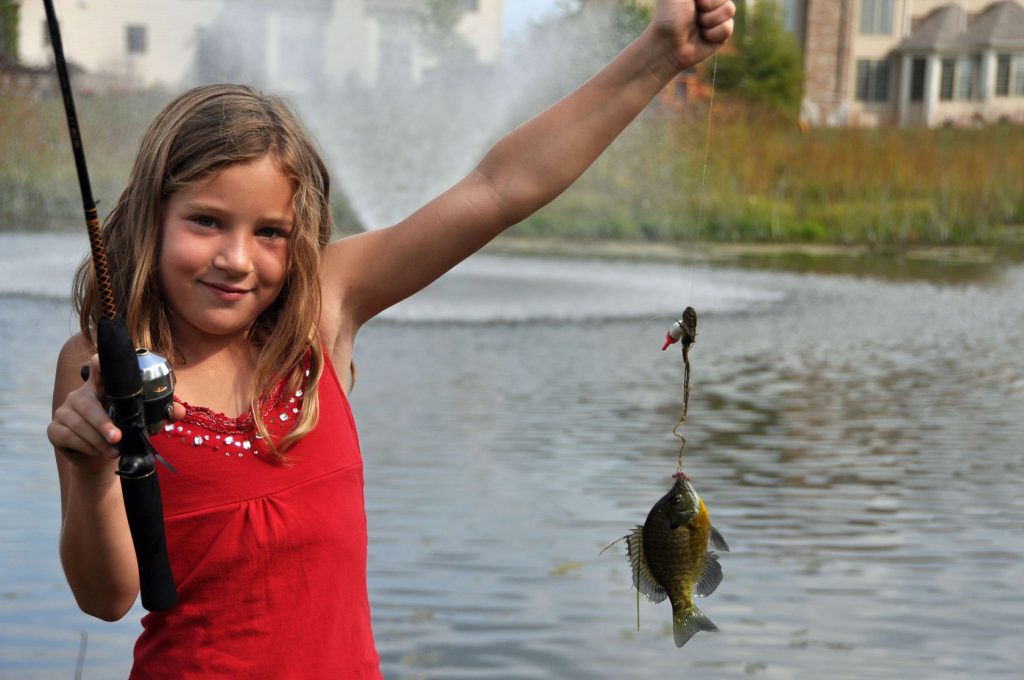
A summer fishing tournament for kids living in the neighborhood is the main attraction helping their community leaders build momentum with their fishing program. This annual event was initiated by both members within the community and the community’s developer. The dedication and support from these community leaders has been fun to watch and a joy of which to be a part of. The great thing is, what they are doing can be replicated in other communities across our country.
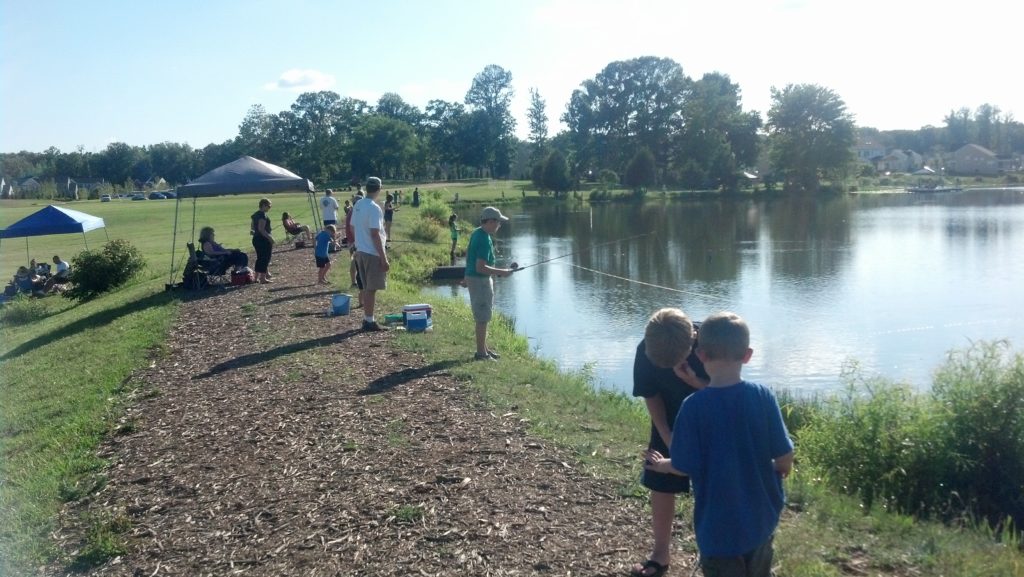
Providing kids with fun fishing opportunities, while also rewarding their efforts by providing prizes and small giveaways, has worked well to generate additional excitement for youth fishing. As participants catch fish throughout the tournament, they are measured and recorded. The tournament lasts two to three hours and prizes are given out to the top five contestants of each age category. In addition to prizes, the HOA of Brookside has plenty of food and drinks available during a set intermission to provide a nice break in the action. The fishing event is just long enough to catch fish and have a good time, while keeping the children’s attention.
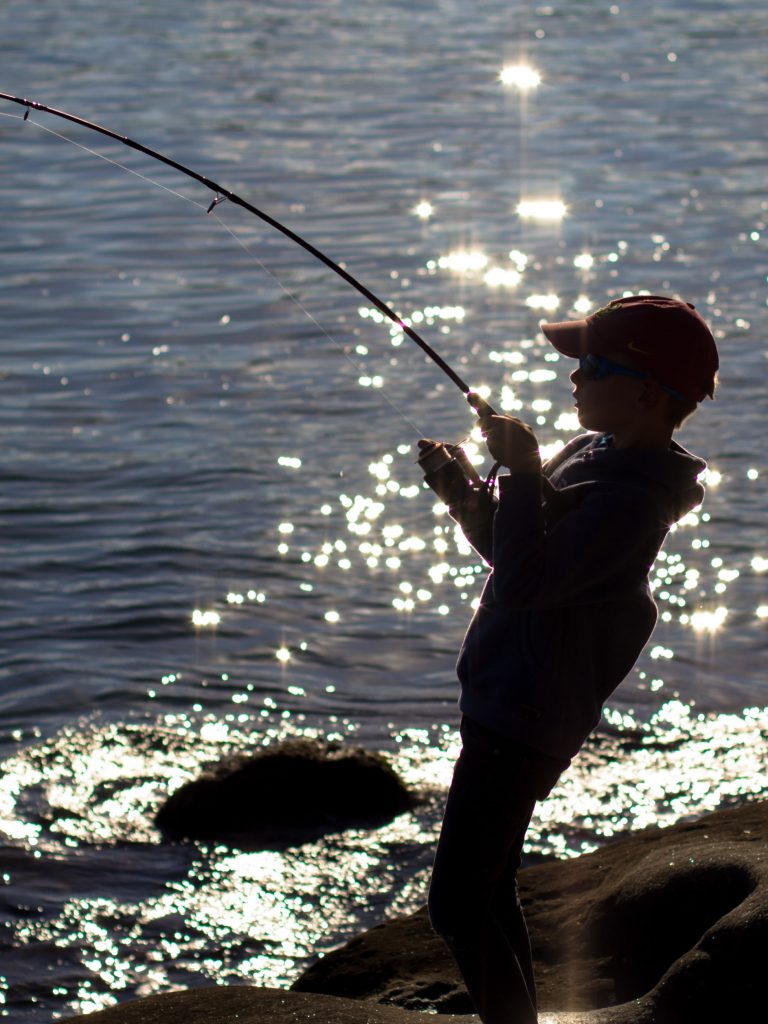
Organizers of the event also provide a great example by making the most out of their time with the kids. To help children become better stewards of the environment and nature, they hand out “Leave No Trace” fishing hangtags for the kids to take home after the tournament. The hangtags mention the seven principles of “Leave No Trace” created by the Center for Outdoor Ethics. These help everyone understand basic principles they should follow to become better stewards of the outdoors.
f you are thinking of planning similar fishing events, it can seem overwhelming if you try to get every detail perfect. The reality is, the kids are going to get out and go fishing; and, regardless of how the event is organized, they will have a good time as long as you consider these important key items:
1. Are there fish for the kids to catch? Bluegill, largemouth bass, channel catfish and trout are the most common fish species that work well for youth fishing events. They may occur naturally or can be purchased for stocking.
2. Do the kids own fishing gear? If they do not and are not able to purchase the gear, consider budgeting some funds to purchase basic gear that can be borrowed for the event. Sporting goods stores may sometimes be able to donate some equipment as well.
3. Do you have prizes to give out? Inexpensive fishing rods, lures and tackle box’s, even gift cards, are all great prizes. As with the fishing gear, you can likely find businesses that are willing to make donations.
4. Who doesn’t like a fun snack? Have food and beverages available for a nice break in fishing.
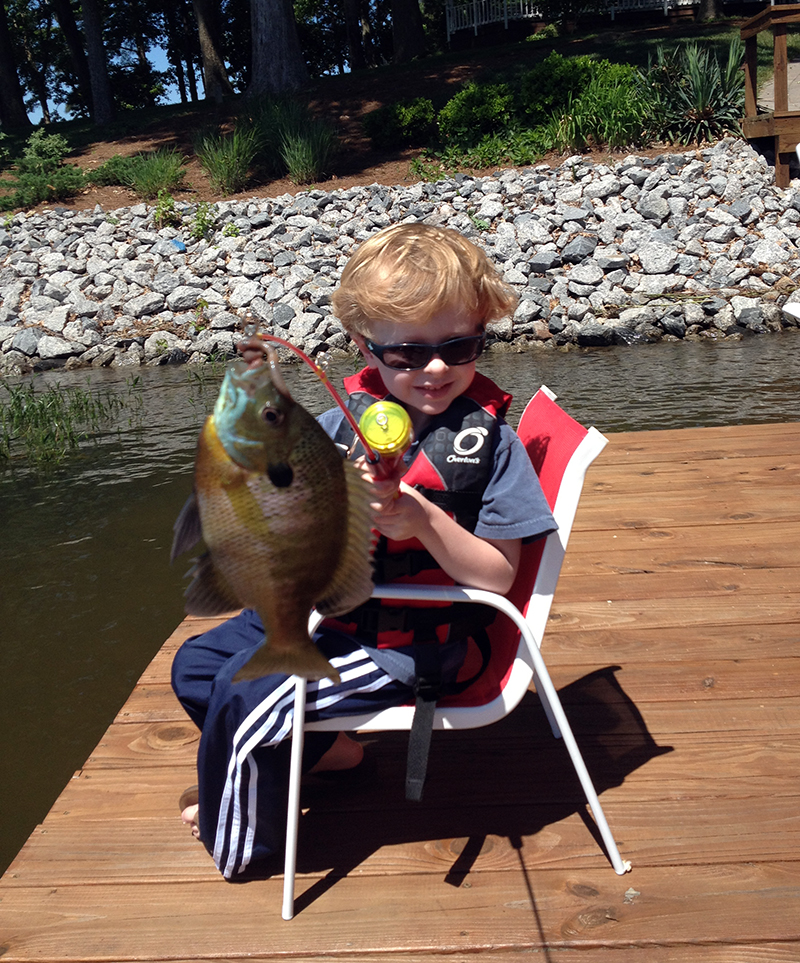
So who organizes all of this? Usually one or two volunteers are needed to share the responsibility of making the event a success. Although the event comes together easily with community and volunteer support, one of the biggest hurdles will be pinpointing individuals willing to put in the time. As the event gains momentum however, you will likely find that more people are willing to become involved. But, until that occurs, you will need to seek out those homeowners or board members who are willing to initiate the fishing program. Remember, a successful event from start to finish is meant to be fun. Have a great time creating bonds through outdoor community fishing.
Managing Fisheries Habitat
SOLitude Lake Management is a nationwide environmental firm committed to providing sustainable solutions that improve water quality, enhance beauty and preserve natural resources.
SOLitude’s team of aquatic scientists specializes in the development and execution of customized lake, stormwater pond, wetland and fisheries management programs. Services include water quality testing and restoration, algae and aquatic weed control, installation and maintenance of fountains and aeration systems, shoreline erosion control, muck and sediment removal and invasive species management. SOLitude partners with homeowners associations, golf courses, private landowners, businesses and municipalities. SOLitude Lake Management is part of Rentokil, a leading business services company, operating across the United States, Canada and Puerto Rico.
For more information, visit SOLitude Lake Management at solitudelakemanagement.com, and connect on Facebook, LinkedIn, Twitter, Instagram and YouTube.

